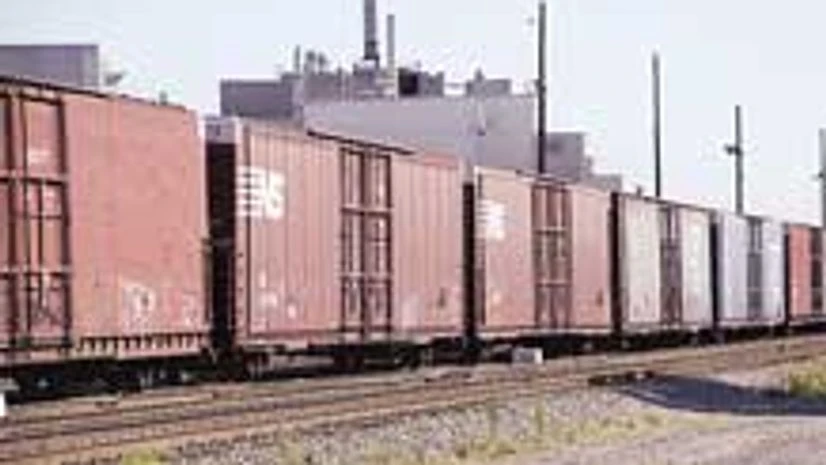Indian Railways has withdrawn the 10 percent port congestion surcharge with immediate effect in order to attract imported freight traffic including containers, coal, iron ore etc (which are presently diverted to road). The decision, first announced in this year’s Railway Budget, is one of the significant steps in the direction of rationalisation of freight rate structure initiated by the Railways.
This was a pending demand of the ministries of shipping and ports, steel, container operators and other industries. “The move will be a big boost to national industrial growth. The surcharge withdrawn was 10 percent on basic freight and its withdrawal will generate additional incremental traffic,” said the Ministry of Railways in a press release.
Due to the prevailing economic situation during the later part of the FY 2014-15, there had been a burgeoning growth of import traffic at ports, particularly of iron ore, thermal coal, fertiliser and containers. In order to compensate for the additional detention to railway rolling stock at the ports and the consequential loss of loading potential of revenue earning freight traffic, it had been decided to impose congestion surcharge of 10 percent on base freight on all traffic including containers originating from ports with effect from November 24, 2014.
More From This Section
Over the past few months, there had been a persistent demand from the industry and concerned nodal ministries to consider withdrawal of the 10 percent congestion surcharge on the grounds that it was having a very significant impact in the logistics cost and was leading to diversion of traffic from the more environmental friendly rail mode to road, also precipitated because of falling prices of diesel.
The withdrawal is expected to give respite to the industry in bringing down logistics costs and thereby attract increasing volumes of traffic to the rail mode, particularly in the major segments of imported thermal and coking coal for the power sector and steel plants, imported bauxite and alumina for the aluminium industry, import container traffic movement from gateway ports to the hinterland, imported fertilisers, imported limestone and dolomite for the steel plants etc.
The decision to withdraw the congestion surcharge is one of the significant steps in the direction of rationalisation of freight rate structure announced by the Minister of Railways in this year’s Railway Budget. Besides this, three other policy initiatives have already been launched by Ministry of Railways in accordance with the budget announcements. These are opening of loading of BCN rakes for two point destinations; incentive scheme for merry-go-round operations by Railways in colliery - power plant circuits, and policy on coastal movement of iron ore, involving combination of rail cum sea movements, for steel plants located on west coast. All these policy initiatives are expected to contribute to significant increase in freight traffic and corresponding earnings during the current fiscal.

)
